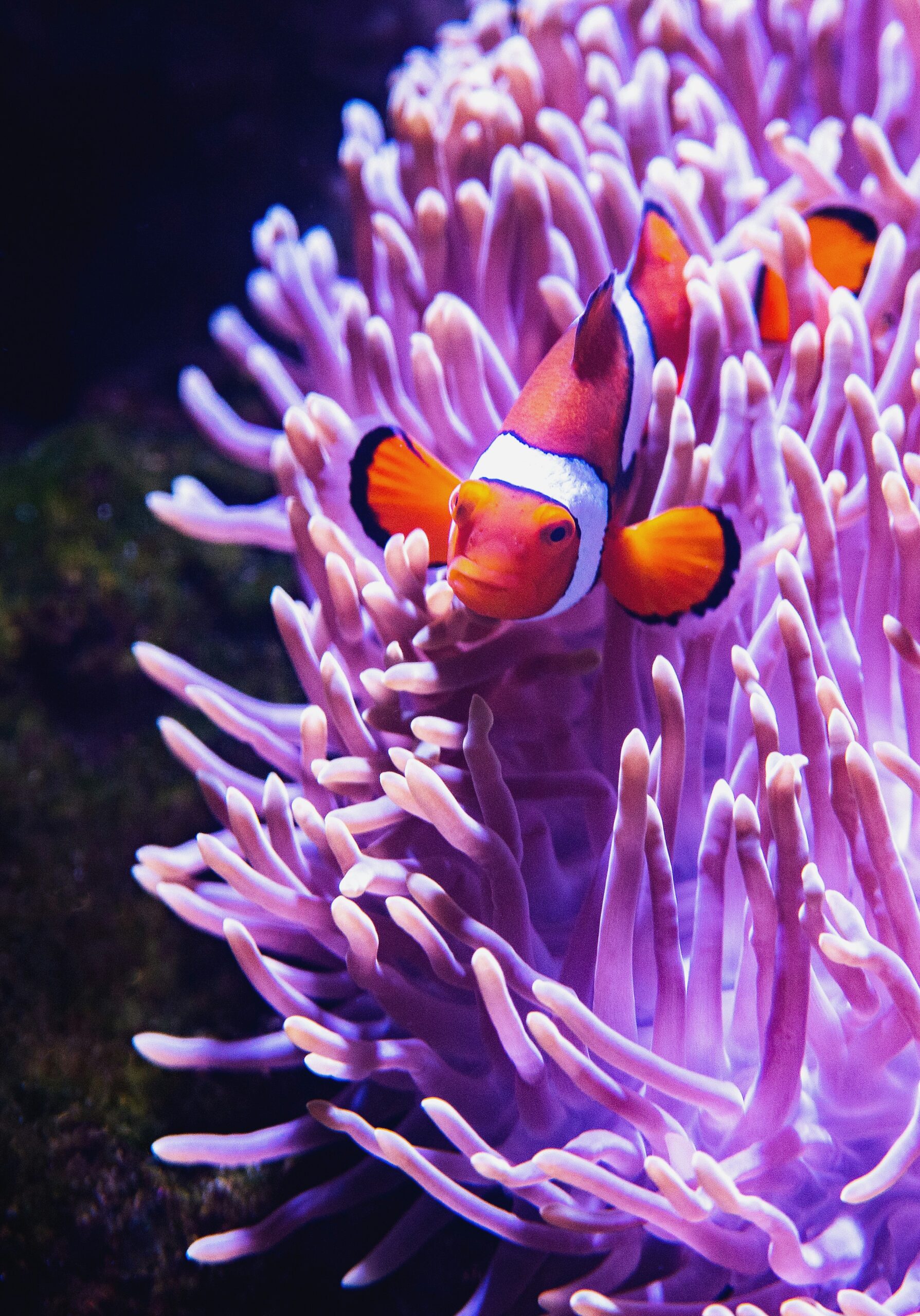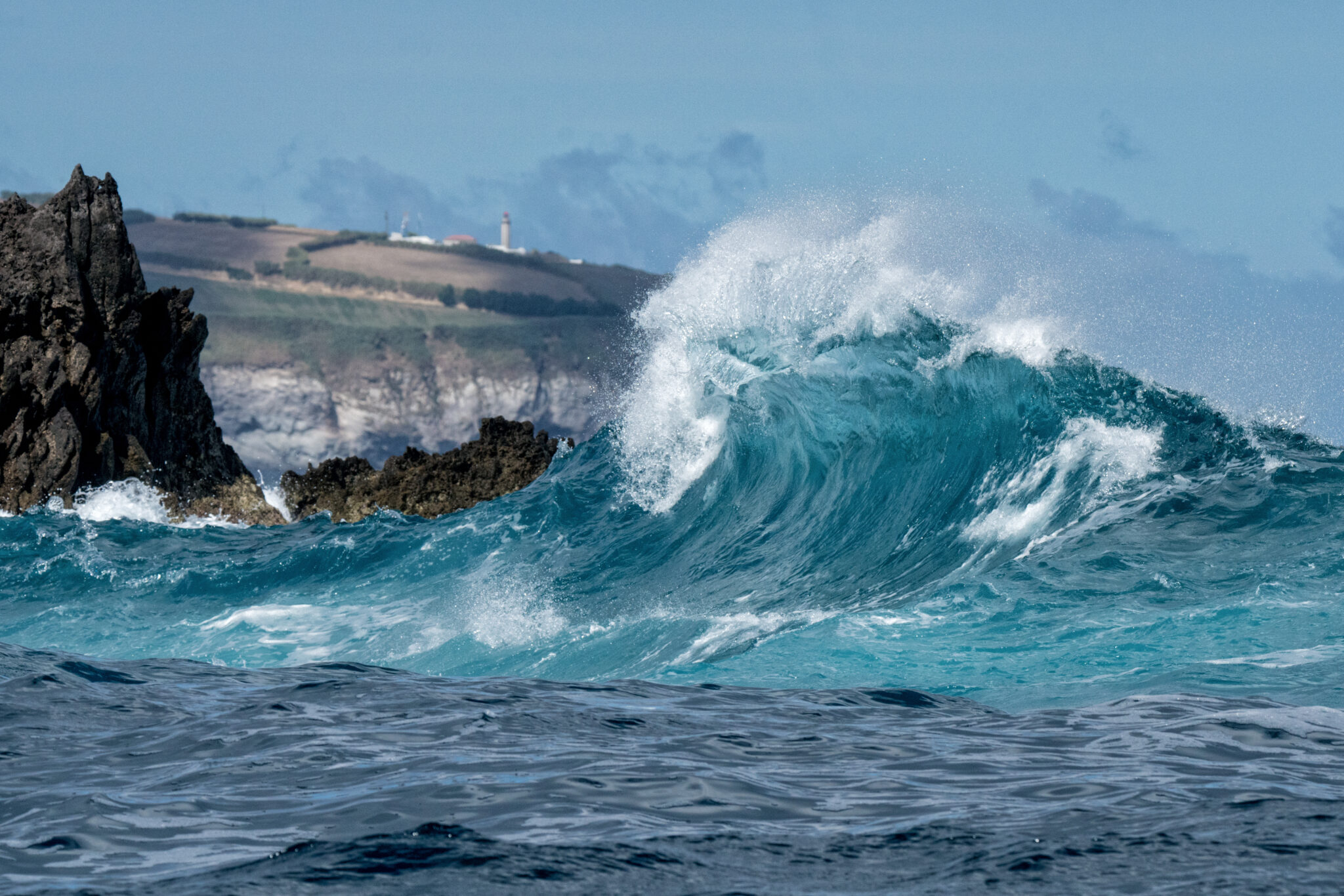

Bulletin | 20 April 2022
JOIN US IN TAKING ACTION 
Around the world, gender-based violence is a barrier to human rights, addressing climate change, and environmental sustainability.
Our world counts on each of us to sustainably manage nature. Women and girls are users, managers and stewards of the land and its resources. They are leaders raising their voices for the protection and defense of nature. They are environmental specialists addressing the most pressing and concurrent crises of climate change, biodiversity loss and degradation. And they have the right to do their work with dignity and safety; free from gender-based violence, or the threat of it.
The Resilient, Inclusive and Sustainable Environments (RISE) grants challenge is a first-of-its-kind mechanism to address gender-based violence in environmental programming and climate-vulnerable contexts. Learn more about the RISE grants challenge winner announcement.
Rising to the challenge
Meet the Resilient, Inclusive and Sustainable Environments (RISE) grants challenge winners
Women and girls in local communities across Thailand, Indonesia and The Philippines, Cambodia, Mexico, Zambia and Kenya have identified gender-based violence – including domestic violence, sexual exploitation, abuse and harassment, and psychological abuse and threats – as a barrier to effective participation in conservation and climate action. Working across protected areas and conservancies, the defense of the environment and fisheries, the new RISE grants challenge winners are taking action to address it.

Photo credit: AIPP
The Asia Indigenous Peoples Pact (AIPP) is partnering with the Work Group for Indigenous Affairs (IWGIA), Perempuan Adat Nusantara (PEREMPUAN AMAN) and the Network of Indigenous Women-BAI. Together they are empowering and elevating the voices of Indigenous women environmental human rights defenders as they self-determine their priorities, voices, and strategies to end gender-based violence as a barrier to their defense of the environment. and as they lead and disseminate their own research on these impacts. The project provides a regional knowledge sharing, capacity strengthening and solidarity platform to support their work, as they lead and disseminate research and establish a safety plan and fund.
Addressing gender-based violence barriers to women’s participation in community protected area management – Cambodia

Photo credit: RECOFTC
The Regional Community Forestry Training Center for Asia and the Pacific (RECOFTC) and Gender and Development for Cambodia (GADC) are addressing gender-based violence risks, such as harassment, sexual assault, threats and physical and psychological stress, that act as a barrier to women’s full, effective and safe participation in Cambodia’s protected areas and forest management. In collaboration with the Community Protected Area (CPA) Network and the Women’s CPA Network, the project will address social norms and build awareness and capacities on gender-based violence and environment linkages – including via male engagement as a prevention strategy.
Prevention and mitigation of gender-based violence in the conservation, sustainable management and governance of coastal tourism landscapes – Mexico

Photo credit: EECO
Espacio de Encuentro de las Culturas Originarias, A.C. (EECO) and World Wildlife Fund (WWF) Mexico are addressing the prevalence of domestic violence, sexual violence, and sexual harassment in the workpace across tourism landscapes in the states of Yucatán, Quintana Roo and Oaxaca. The project engages local communities to integrate gender perspectives and gender-based violence risks within regulatory instruments and promotes the economic empowerment of women with dignity and safety from gender-based violence, as prevention and mitigation strategies in ecotourism.
Preventing and mitigating gender-based violence to improve access, benefits and control of fisheries resources – Zambia

Photo credit: ActionAid Zambia
ActionAid Zambia and Young Women’s Christian Association (YWCA) will address the drivers of sex-for-fish exploitation affecting women in Zambia’s Western Province, who rely on fish resources to sustain their livelihoods and are disproportionately suffering the impacts of climate change on the fisheries sector. The project will be working with the local legal system, and will establish and train women’s watch committees to build women’s collective action and agency to prevent gender-based violence. It will also promote the sustainable management of fisheries resources and women’s participation in fisheries management committees.
Advancing equitable social, gender, and power norms in climate vulnerable community conservancies context – Kenya

Photo credit: KWCA
The Kenya Wildlife Conservancies Association (KWCA) received a second RISE grant to continue its work with Taita Taveta Wildlife Conservancies Association (TTWCA). Together they are preventing gender-based violence and promoting gender equality in Kasigau conservancy in the Taita Taveta landscape and to scale this model to Kitirua conservancy in the Amboseli landscape. The project addresses physical and psychological abuse experienced by women as result of their engagement in conservancies. They are institutionalizing gender and gender-based violence safeguarding policies, addressing harmful social norms, engaging men and boys, and promoting women’s autonomy and independence to meaningfully and safely participate in conservancies.

Overcoming gender-based violence as a barrier to human rights and environmental sustainability
A GENERATION EQUALITY COMMITMENT
The RISE grants challenge represents a shared commitment by IUCN and USAID to UN Women’s Generation Equality initiative through the Action Coalition on Feminist Action for Climate Justice.
Read UN Women’s impact story
Webinar recording
Addressing gender-based violence and environment linkages: Impact of the Resilient, Inclusive, and Sustainable Environments (RISE) grants challenge and new winners
If you missed the RISE winners announcement webinar or want to hear again the strategies of the RISE grantees, watch the recordings
Coming soon: A new call for proposals of the RISE grants challenge
RISE will be opening a new call for proposals soon, targeting partnerships between environmental and gender-based violence expert organizations, local communities and/or relevant experts.
Stay tuned!
Subscribe to the GBV-ENV Center newsletter
Follow RISE news on Twitter #RISEUSAID
New to the library
The GBV-ENV Center curates a library of resources from around the globe to support informed action to address GBV and environment linkages across environmental policy and practitioner spheres.
Explore recent additions below and visit the library! ·
Gender-based violence: Relevance for fisheries practitioners (Mangubhai et al., 2023) – This academic article presents a synthesis of multiple forms of gender-based violence associated with the fisheries sector. It also provides seven recommendations to help practitioners understand and work towards addressing GBV in capture fisheries.
Gender-Based Violence in the Natural Resource Sector in Zambia (USAID, 2021) – This brief presents findings from a gender assessment of the natural resource sector in Zambia, highlighting the multiple forms of gender-based violence faced by women in natural resource governance committees and wildlife enforcement career pathways.




